|
Genres:
- Christopher Walken Films
- Depression Era
- Herbert Ross Films
- Infidelity
- Jessica Harper Films
- Musicals
- Salesmen
- Steve Martin Films
Response to Peary’s Review:
As Peary notes, this “grimmest of all movie musicals” — based on a six-part BBC miniseries by British writer Dennis Potter — is also “one of the most fascinating and visually dazzling”, with an “extraordinary look” that incorporates “re-creations of paintings by Edward Hopper” (see still below). Martin — in his first serious role after The Jerk (1979) — plays Arthur, a horny, hopelessly romantic traveling salesman whose inability to get any nooky back at home (his wife, well-played by Jessica Harper, is “contentedly frigid”) leads him to pursue an affair with Peters, with whom he falls in lust at first sight. Unfortunately, while Arthur starts off as a relatively sympathetic character — we can understand his desire for some attention, and his tendency to daydream himself into musical fantasy sequences is charming — he quickly loses credibility, as he lies to Peters to get her to sleep with him, then fails to return to her once his wife agrees to fund his dream of opening a record store. Indeed, both the characters and the story — in which “sex and songs are presented as liberating forces, but [are] only Band-Aids against the Depression — are “so cheerless that you become anesthetized”; yet, as Peary notes, it’s still possible to recognize “the artistry of what’s taking place on the screen”, and film fanatics will surely want to check it out at least once.
Redeeming Qualities and Moments:
- Several enjoyable Busby Berkeley-homages
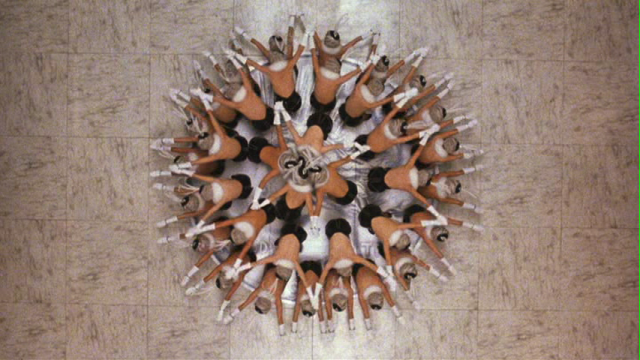
- Striking set designs
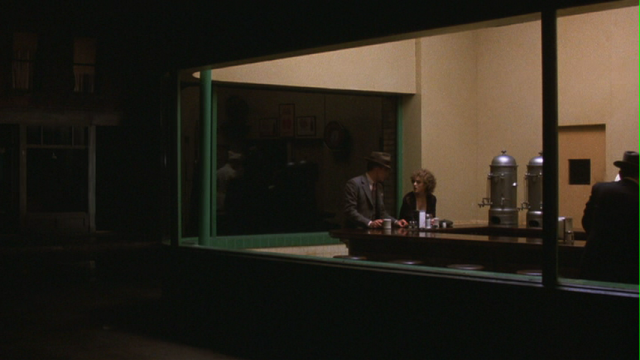
- Gordon Willis’s cinematography
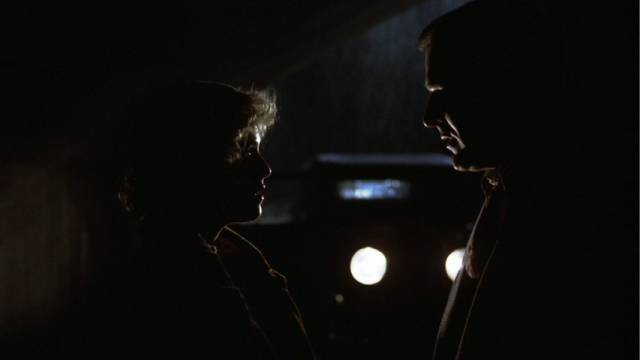
- Vernel Bagneris performing “Pennies from Heaven”
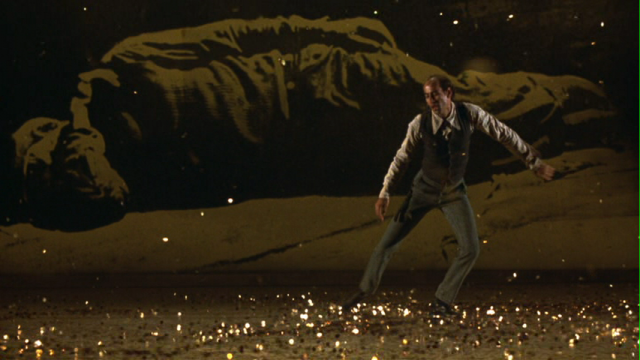
- Bernadette Peters as Eileen
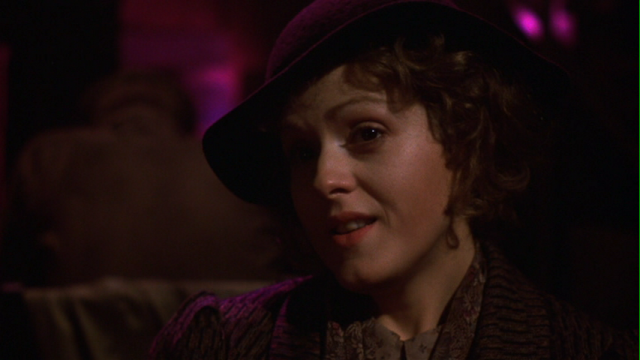
- Jessica Harper as Joan
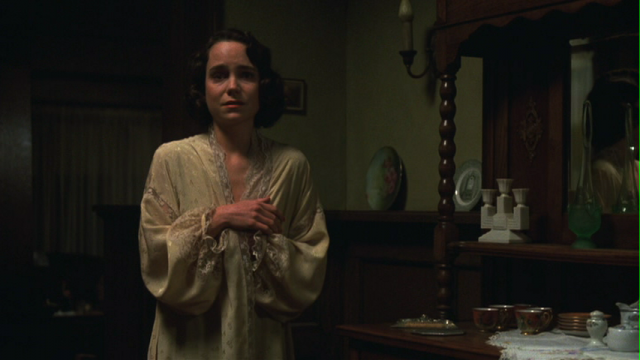
Must See?
Yes, as a most unusual — if utterly bleak — musical. Peary nominates Steve Martin for an Alternate Oscar as Best Actor of the Year.
Categories
Links:
|
One thought on “Pennies From Heaven (1981)”
A once-must – for its celebration of musical cinema history (in other words, just the remarkably detailed musical sequences) and the evocative work by DP Gordon Willis.
This is an ambitious box-office failure which only returned about half of its $22 million investment. Normally I wouldn’t make a point of how much money a movie made but ‘PFH’ was such an obvious and considerable gamble that it’s surprising that it even got made.
When asked about the film’s lack of success, Martin rightly remarked that audiences did not want to see him in something like ‘PFH’ after enjoying him in a riotous comedy like ‘The Jerk’; the adjustment was too jarring. However, Martin also stated that he couldn’t really think of any other reason (but one) for the failure of something that he personally considered an artistic success: “…if I had to find fault, it would be that I think some of the music could have included more popular songs of the period.”
Martin is off-the-mark there; he didn’t seem to understand the film’s major problem.
In writing ‘PFH’, Potter’s conceit was to comment on the type of ’30s musical that ‘PFH’ was sending up. His aim was to remove the reciprocity that existed between light vintage scripts and the musical numbers that augmented them. It’s likely that Potter thought, ‘Musicals of the Depression era always had fluffy plots that took people’s minds off real life. But what if one of those plots actually *reflected* real life?’
The result was ‘PFH’: an interesting experiment but, unfortunately, its storyline is so relentlessly angst-ridden that, without the memorable musical segments, we’re left with something that borders on unbearable. As it is…though the musical reprieves are indeed either simply fun or spectacular (the choreography by Danny Daniels is consistently noteworthy), most ffs may not be inclined toward more than one viewing.
Fave scenes: ‘Love Is Good For Anything That Ails You’, ‘It’s The Girl’ and ‘Let’s Misbehave’ (in which Walken is tremendous).